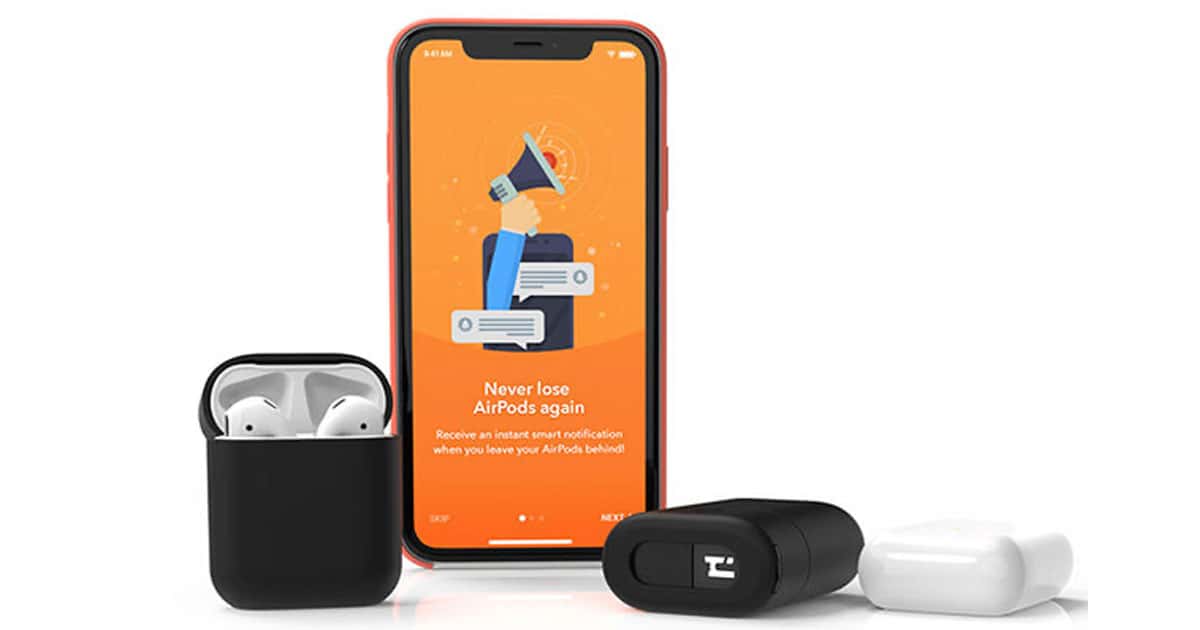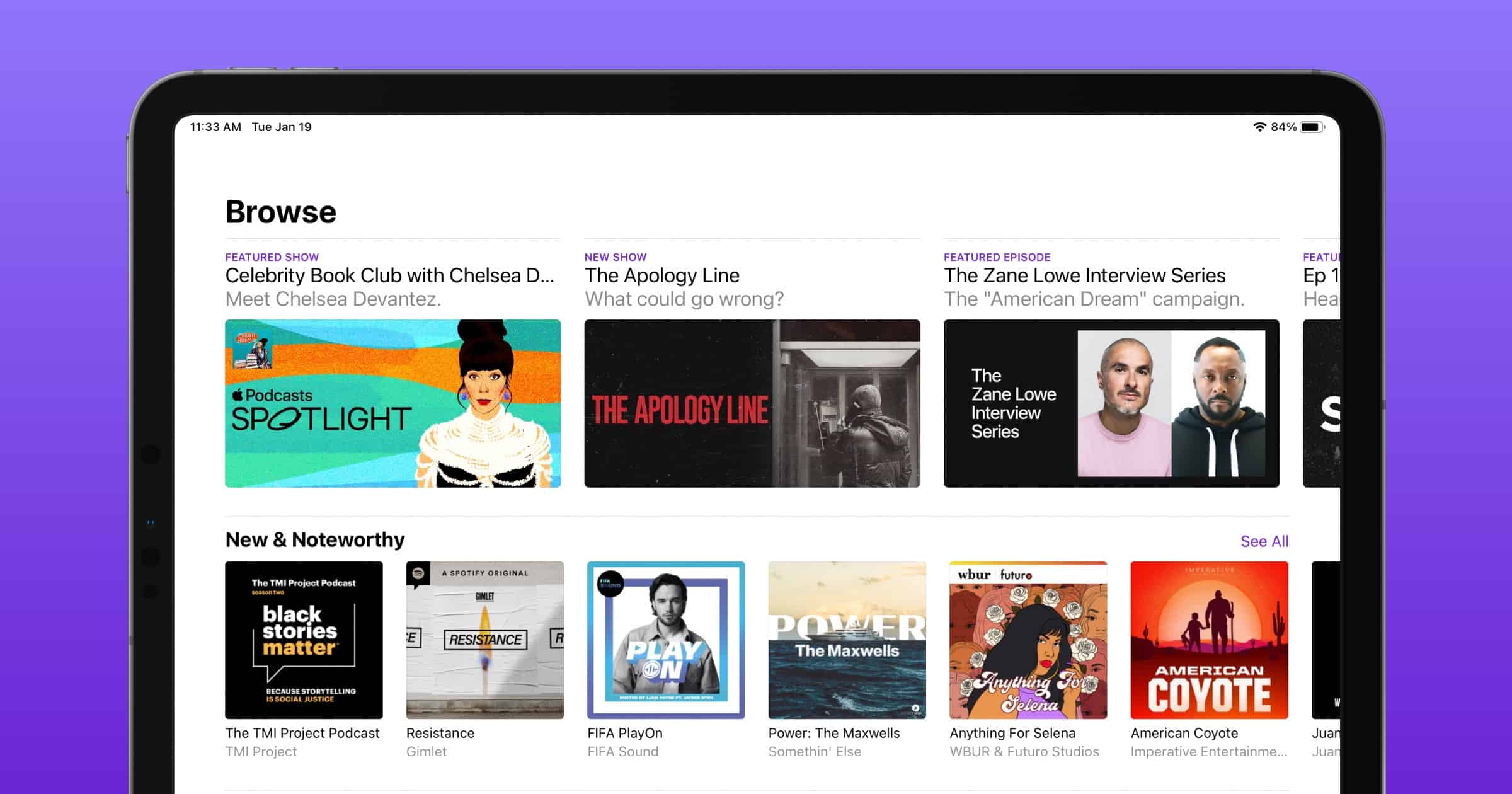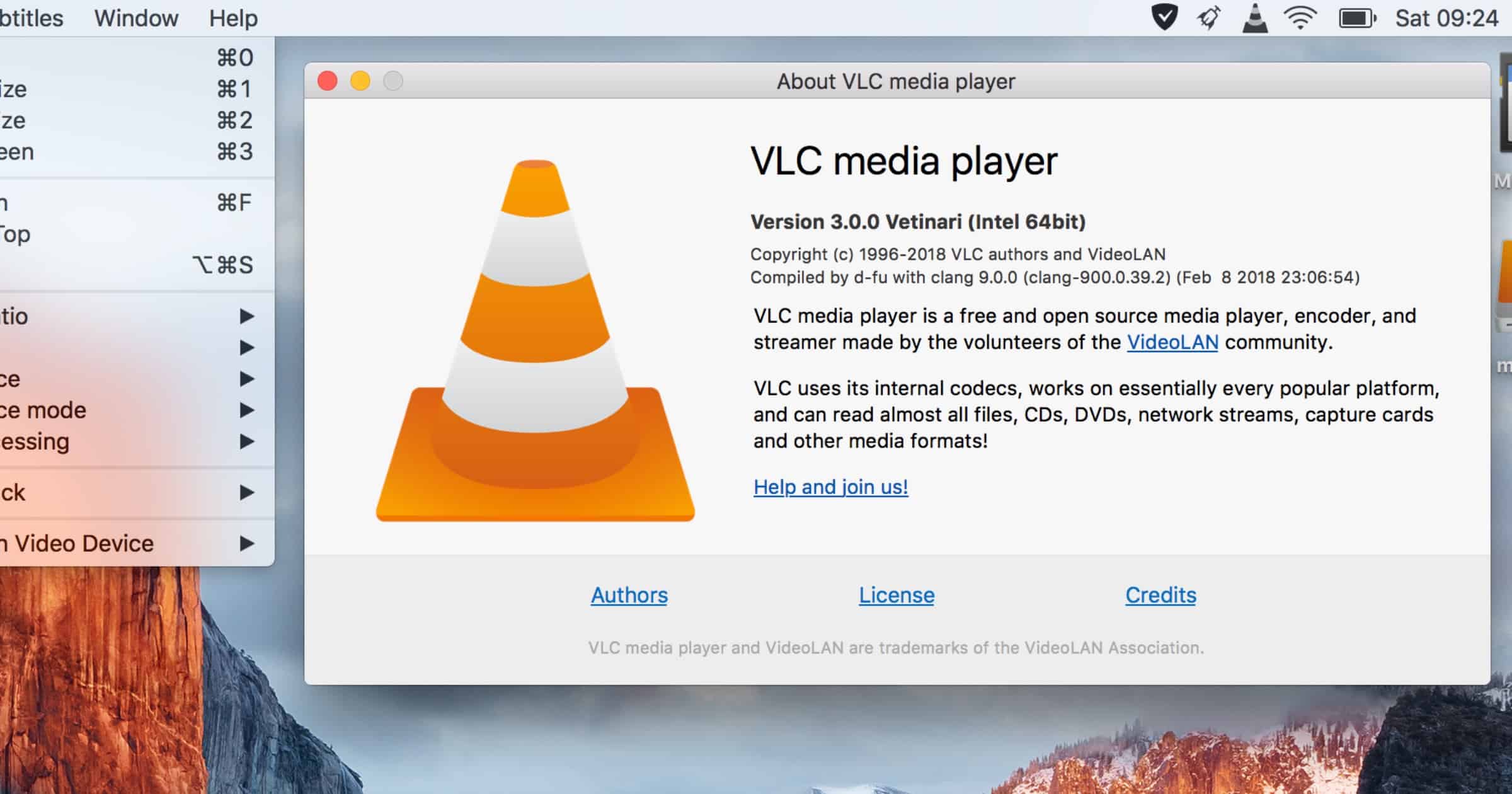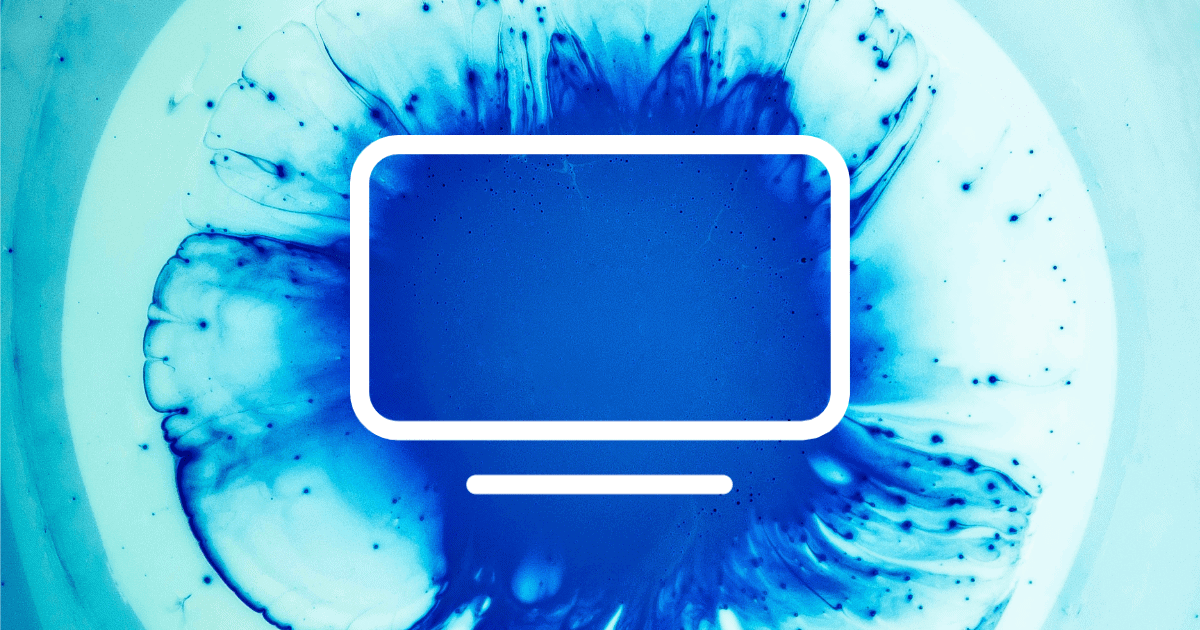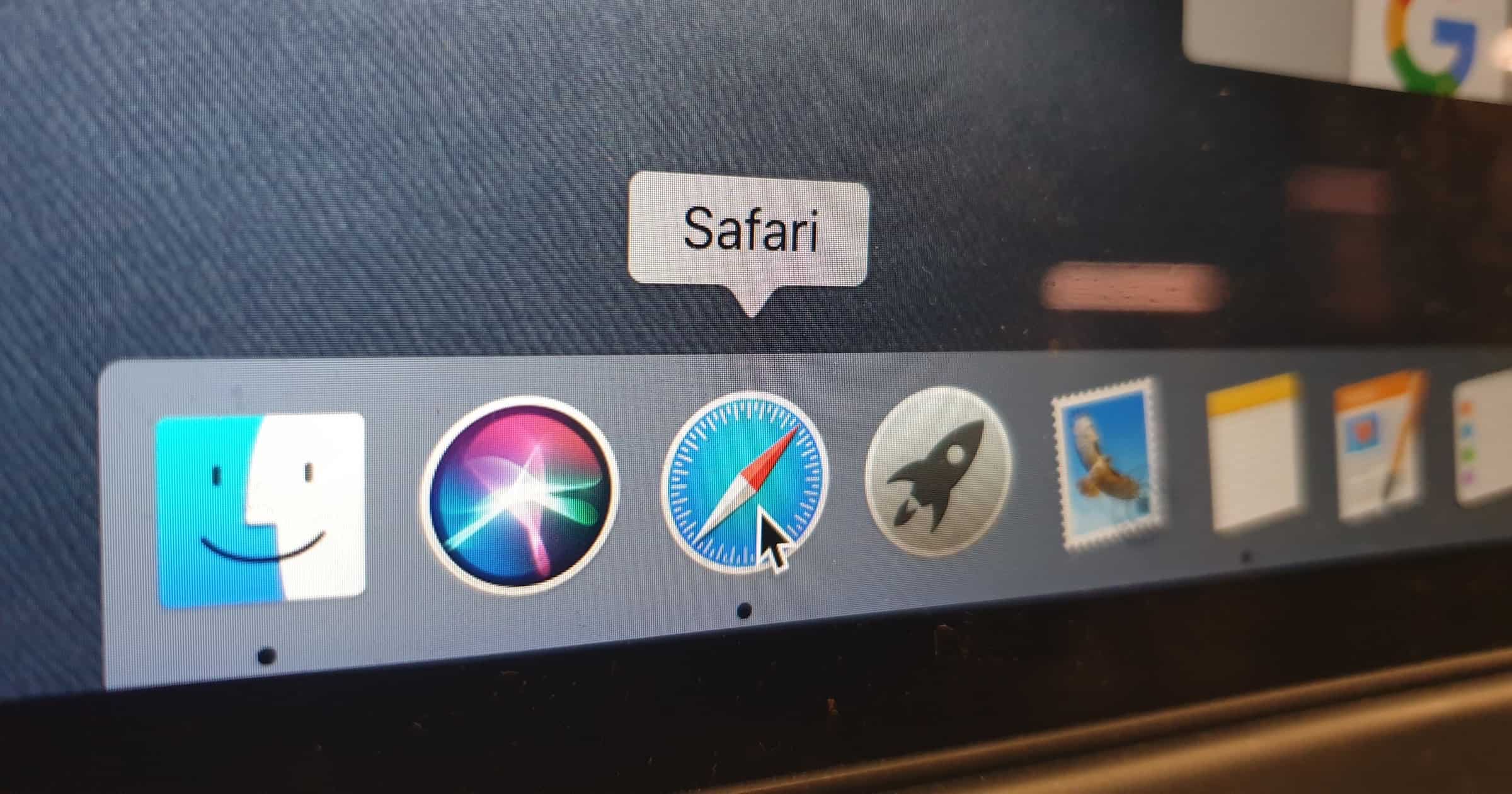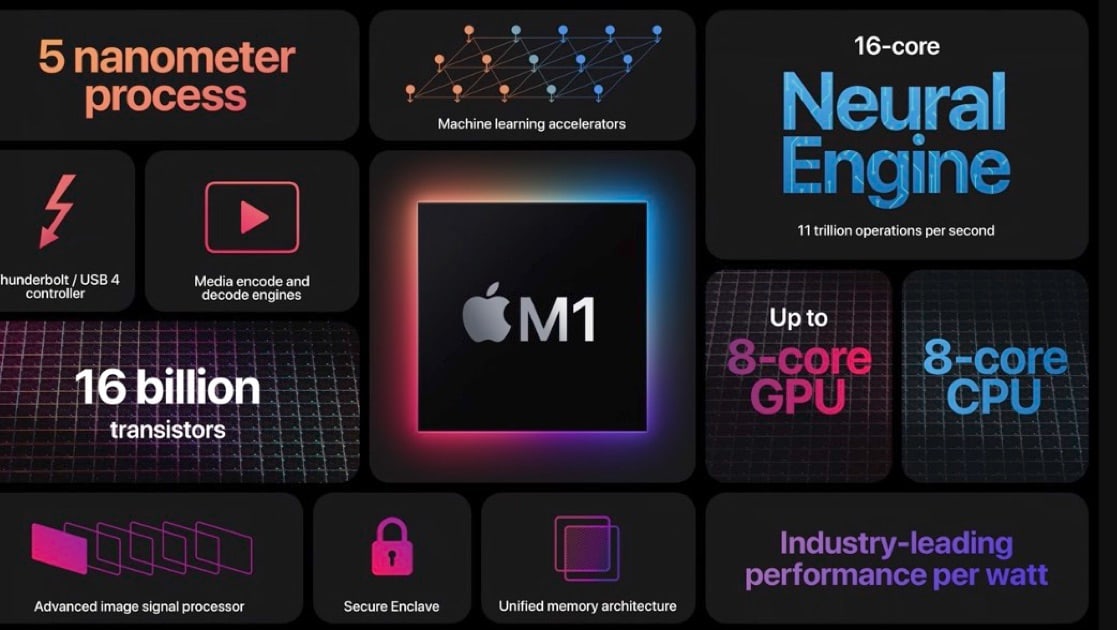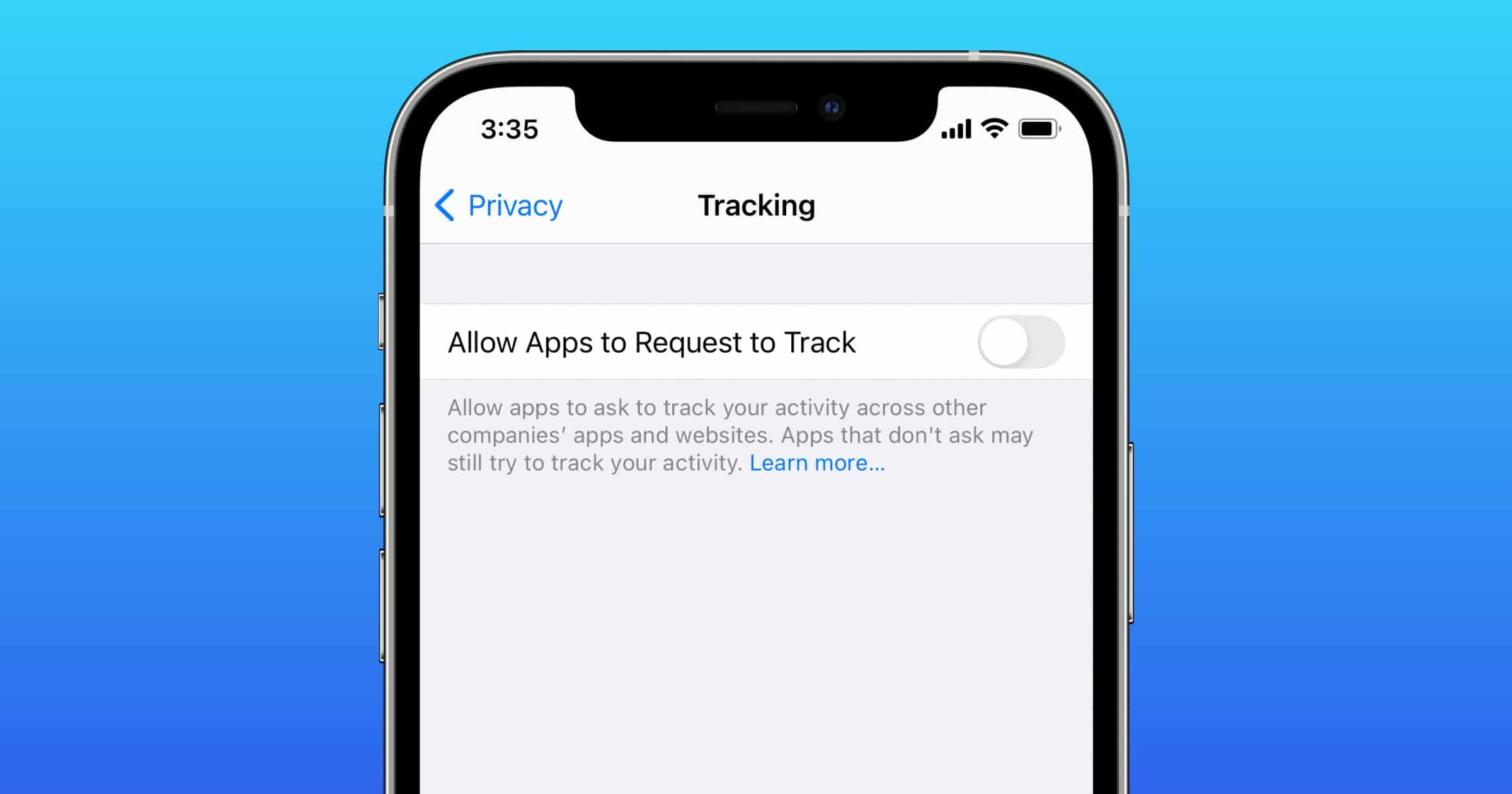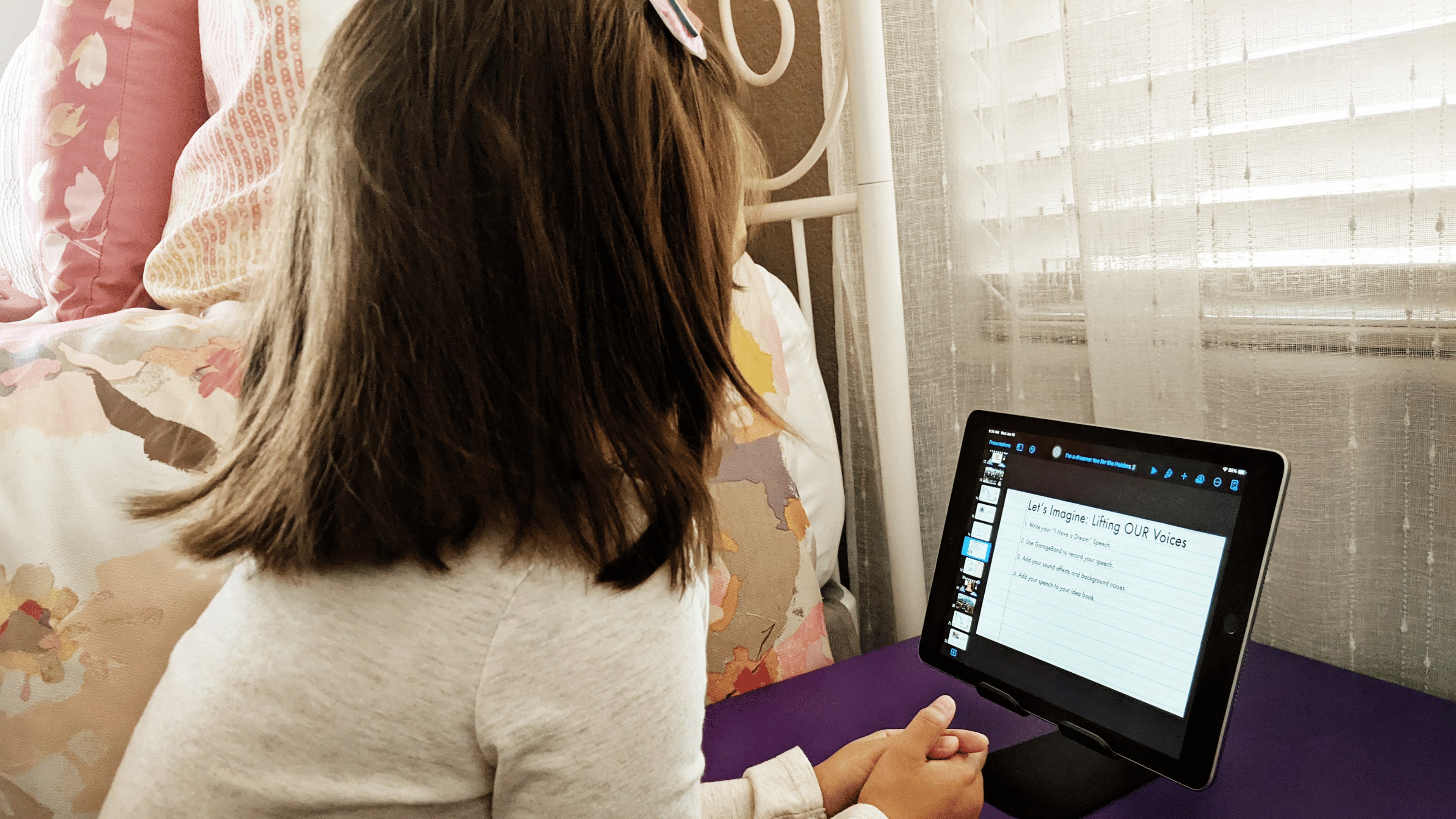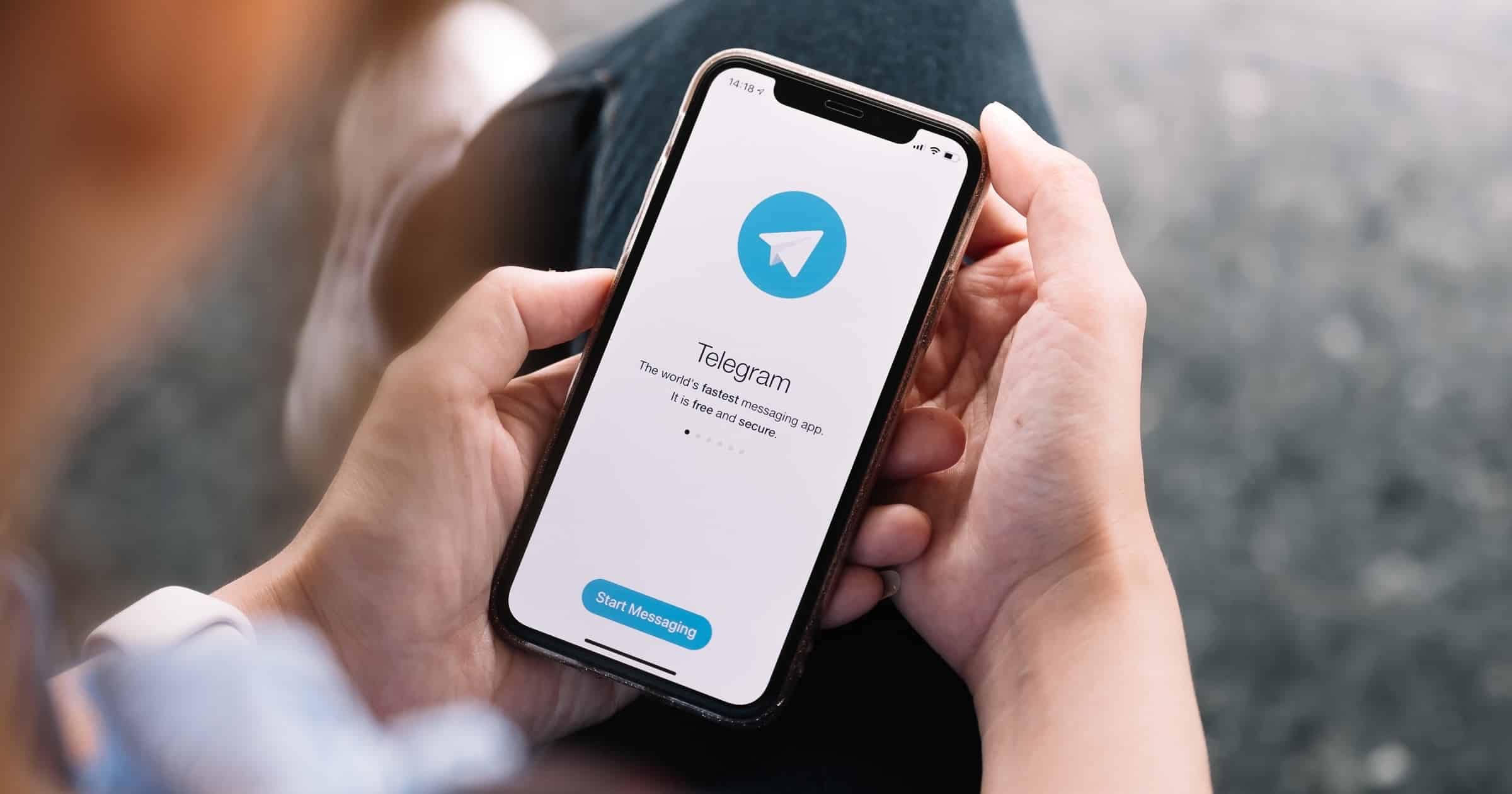There are new avatars available for all players of the popular Harry Potter: Puzzles & Spells game, inspired by recording artist Zayn Mailk.
This App-Integrated Case Prevents Your AirPods from Being Lost: $35.99
We have a deal on Air Fob, an app-integrated case for your AirPods Charging Case that will protect that case and help you not lose it. The case is made from silicon rubber, and it features an integrated Mu tag in the top of the case that will help prevent your AirPods from being lost. It’s $35.99 through our deal.
Malwarebytes Reveals it Was Hacked by Nation State Behind ‘SolarWinds’
Malwarebytes co-founder and current CEO Marcin Kleczynski reveals the company was hacked. He believes it was the same nation state actor behind the SolarWinds attack. The state is believed to be Russia.
After an extensive investigation, we determined the attacker only gained access to a limited subset of internal company emails. We found no evidence of unauthorized access or compromise in any of our internal on-premises and production environments.
Crazy stuff, and we’ll probably hear of the fallout for a long time.
AirPods Max Headbands Could be Interchangeable
iFixit published a tear down of the AirPods Max and it reveals, among other things, that the headband could be interchangeable.
It was rumored that Apple wanted to design the AirPods Max headband to be easily-swappable like its magnetic ear cups. That feature was thought to be missing from the final design, but this joint is so complex it just might have one more thing up its sleeve…despite the joint’s complexity, you can detach the entire headband from AirPods Max with just a SIM card removal tool or paperclip, without even opening the ear cup.
TV+ Tuesday, Rumor Chat – TMO Daily Observations 2021-01-19
Charlotte Henry and Andrew Orr join host Kelly Guimont to discuss the latest TV+ news and (subscription) updates, and some new hardware rumors.
Bug Lets Audio, Video be Transmitted Without Consent in Apps Like Signal
Google’s Project Zero security team found a bug that lets audio and video be transmitted without user interaction in five messaging apps. These are Signal, JioChat, Mocha, Google Duo, and Facebook Messenger. All bugs have been fixed.
I investigated the signalling state machines of seven video conferencing applications and found five vulnerabilities that could allow a caller device to force a callee device to transmit audio or video data. All these vulnerabilities have since been fixed. It is not clear why this is such a common problem, but a lack of awareness of these types of bugs as well as unnecessary complexity in signalling state machines is likely a factor.
Former Warner Bros Exec JP Richards Joins Apple TV+
JP Richards has joined Apple as head of film marketing strategy for Apple TV+. He was formerly Co-President of Worldwide Marketing at Warner Bros.
Ted Lasso Scores Three Critics Choice Awards Nominations
Apple TV+ show Ted Lasso has been nominated in three categories for the 26th annual Critics Choice Awards – Netflix leads on 26 nominations.
New Apple Podcasts Spotlight Feature Highlights Creators
Apple has added a new feature to Podcasts on iOS and macOS called Spotlight. It showcases rising creators in the podcasting world.
My Home is my Studio — Media+
BBC Tech Reporter Zoe Kleinman joins Charlotte Henry to discuss the reality of reporting from home. Have reporters become influencers? They also look at Zoe’s reporting on how WhatsApp can be an (unreliable) news channel.
Twelve South’s New ParcSlope Stand Works for Mac and iPad
Twelve South introduced a new stand called ParcSlope that works with MacBooks and iPads. It‘s available to purchase for US$59.99.
Apple Shares Photos From ‘Shot on iPhone 12’ Campaign
Apple has shared photos shot on iPhone 12 from people around the world, showcasing what these powerful cameras can do.
Media Player ‘VLC’ Adds Support for M1 Macs
Open source media player VLC has added support for M1 Macs in its latest update, version 3.0.12.1. You can find the download here.
macOS: * 3.0.12.1 is the first release for Apple Silicon macs
* Version bump to allow an automatic upgrade path
Apple TV+ Free Trial Extended Again
Apple has again extended the free trial period for Apple TV+, with it now reportedly lasting through July 2021.
Apple Homepage Marks Martin Luther King Day
Apple’s homepage has been updated to honour Martin Luther King day. The usual images have gone and there is a black-and-white photograph of the civil rights leader. The page also features a quote from him – “true peace is not merely the absence of tension; it is the presence of justice.”
Where are the Safari 14 WebExtensions?
In 2020 Apple announced it would support browser extensions that used the WebExtensions API. But as Jason Snell points out, we haven’t seen many yet. One developer listed possible barriers for entry:
Limited time, lack of access to Apple hardware, unfamiliarity with Apple’s developer tools, Safari’s incompatibility with some existing extension-development tools, and the requirement to make some code changes in order to fit inside Apple’s security model.
I think another barrier is probably the US$99/year developer program fee. It makes sense if you’re already in the program to build an extension if it makes sense for you, but I don’t think many outside of the program will pay that just to release a new extension. Then again, it’s still in the early days of this new support.
Apple Fitness Boss Jay Blahnik Talks Fitness+
A short interview with Apple’s senior director of fitness Jay Blahnik was shared on the Healthy-ish podcast. They talk about Fitness+, health and fitness in general, and why it’s time to rethink our mentality of working out. “Jay Blahnik is the Senior Director of Fitness Technologies at Apple, so it goes without saying that he knows a thing or two about what gets people up and moving. He shares how Apple Fitness+ taps into this, and also why it might be time to rethink where, when and even how you work out. Because, the world has changed. And your gym membership with it.”
Steve Jobs to be Included in President Trump's National Garden of American Heroes
Steve Jobs was included in a list by President Donald J. Trump of people who will be memorialized in the National Garden of American Heroes.
Trump Administration Stops Shipments from Intel And Others to Huawei
The outgoing Trump Administration has notified Huawei suppliers that it is revoking certain licences to sell to the Chinese firm.
Media Monday with Our Senior Oprah Correspondent – TMO Daily Observations 2021-01-18
Charlotte Henry joins host Kelly Guimont to discuss Google possibly competing against Fitness+ with Fitbit, and the latest in Oprah-based news.
Microsoft Edge Beta Now Supports Apple M1 Macs
Apple users with an M1 Mac who are interested in running beta versions of Microsoft Edge can now do so thanks to recent support.
Dating App Bumble Latest to Warn of Apple’s Privacy
Dating app Bumble filed its IPO on Friday with the U.S. Securities and Exchange Commission, mentioning iOS 14 privacy as a potential risk.
Second Part of Apple's 'Taking Action on Racial Equity and Justice' Learning Series Starts Today
The second challenge in Apple’s ‘Taking Action on Racial Equity and Justice’ learning series began on Monday, Martin Luther King Day.
Lawsuit Wants to Force Apple to Remove Telegram From App Store
A nonpartisan group called Coalition for a Safer Web filed a lawsuit against Apple wanting the company to remove Telegram from the App Store.

